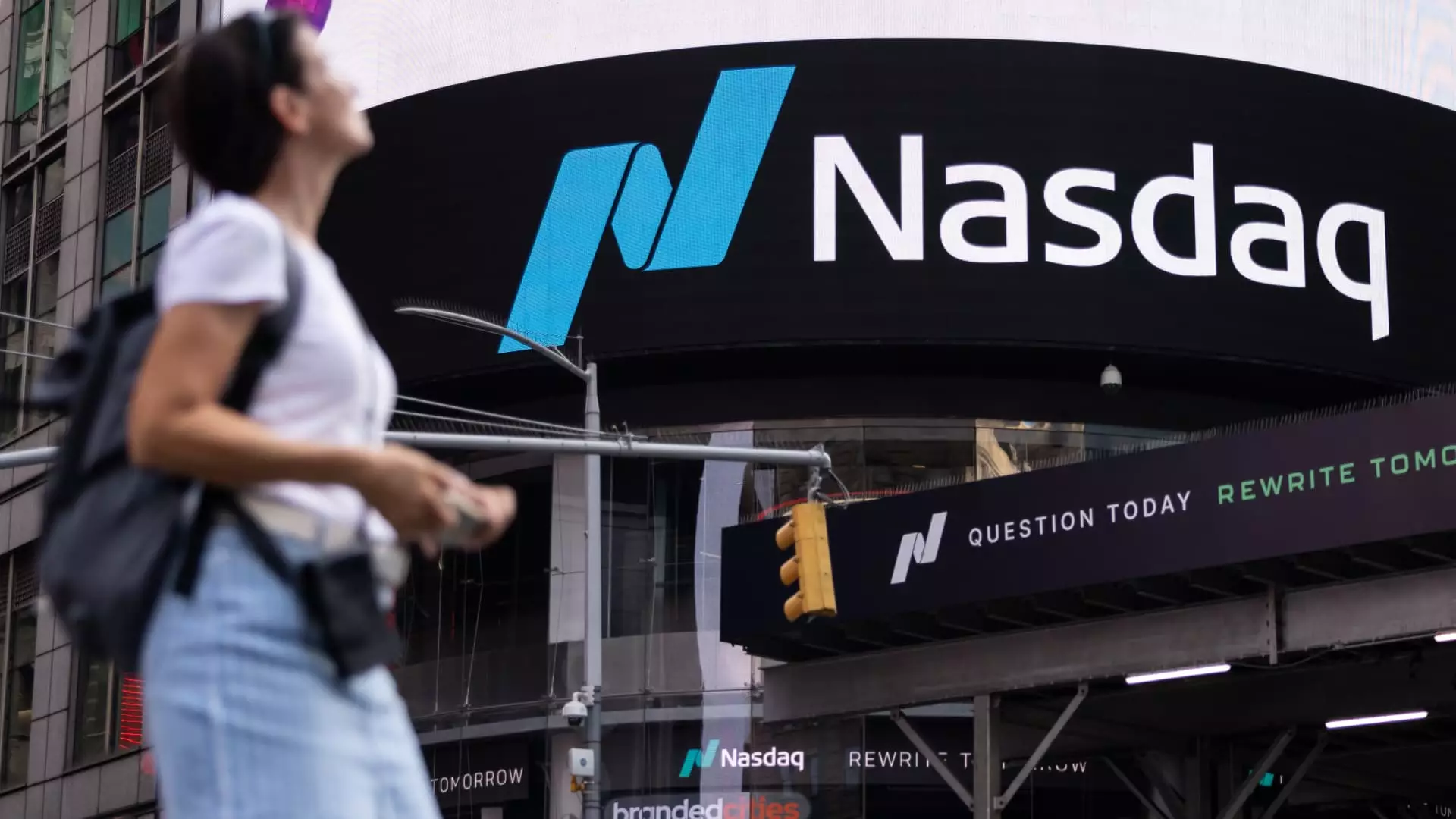The investment landscape is experiencing a seismic shift as KKM Financial makes a significant move by converting its Essential 40 mutual fund into an Exchange-Traded Fund (ETF). This transition represents a broader trend among asset managers embracing the efficiency and flexibility offered by ETFs over traditional mutual funds. As financial advisors and investors scrutinize tax implications and capital gains distributions, KKM’s decision showcases a response to a changing regulatory and market environment that seeks to optimize investor benefits.
One of the critical advantages of ETFs over mutual funds is their inherent tax efficiency. Unlike mutual funds, which can subject investors to unexpected tax bills due to capital gains distributions resulting from portfolio adjustments or investor redemptions, ETFs allow for more control. Jeff Kilburg, the founder and CEO of KKM Financial, succinctly states the case for ETFs, emphasizing their tax benefits: “When you examine the tax efficiency of an ETF compared to a mutual fund, the advantages become stark.” This efficiency is paramount, especially for high-net-worth individuals and wealth advisors, who often grapple with the adverse effects of capital gain distributions in mutual funds.
The move towards ETFs is further bolstered by the changing regulatory landscape. A 2019 rule alteration by the Securities and Exchange Commission (SEC) has facilitated the adoption of active management strategies within ETFs, which is a critical consideration for asset managers who have traditionally relied on mutual funds for such strategies.
The popularity of ETFs is forging an undeniable path. According to research by Strategas, the number of active equity mutual funds has plummeted to a 24-year low, reinforcing a decisive shift toward more adaptable investment vehicles like ETFs. This trend is not solely anecdotal; it reflects the evolving preferences of investors who now demand more transparent and efficient ways to manage their portfolios.
KKM’s Essential 40 ETF will now trade on the Nasdaq under the ticker ESN. This fund features an equal-weighted approach, including prominent companies like JPMorgan Chase, Amazon, Waste Management, and Eli Lilly. Kilburg asserts that, “Without these companies, the U.S. economy would be hindered.” This equal-weight strategy has gained traction, particularly in volatile markets, as it tends to outperform traditional market-cap-weighted indexes during downturns, demonstrating resilience amid broader economic uncertainties.
Furthermore, the Essential 40’s performance prior to its conversion speaks volumes; it exhibited remarkable strength, declining less than 11% in 2022 relative to the category average of approximately 17%. This resilience reinforces the notion that intelligently diversified portfolios can weather market fluctuations.
Investor appetite for equal-weighted funds has surged, particularly during times of market volatility. In 2023, the Invesco S&P 500 Equal Weight ETF (RSP) attracted over $14 billion in new funds, indicating robust demand for such investment strategies. This trend points to a rising awareness among investors regarding the merits of diversified, equally weighted portfolios as a defensive measure against market concentration risks.
As KKM Financial embarks on its journey with the Essential 40 ETF, it boasts about $70 million in assets and a promising year-to-date performance, displaying a 16% growth before the conversion. The ETF’s net expense ratio of 0.70%—identical to that of its mutual fund predecessor—underscores the commitment to maintaining accessibility for investors while offering a modern investment alternative.
The shift from mutual funds to ETFs by KKM Financial is emblematic of a larger transformation within the investment management sector. As investors prioritize tax efficiency, dynamic strategy options, and transparent fee structures, asset managers will need to adapt to these expectations continually. KKM Financial’s Essential 40 ETF is more than just a new ticker; it symbolizes the future of investing—driven by innovation and responsiveness to market and regulatory changes.
The growing appeal of ETFs marks a pivotal change in investor behavior, with a clear demand for strategies that mitigate risks without compromising potential gains. As this evolution unfolds, we may anticipate further advancements in fund structures that better serve the needs of the modern investor. In this rapidly changing financial landscape, KKM’s proactive approach sets a laudable example, paving the way for other asset managers to follow suit.

